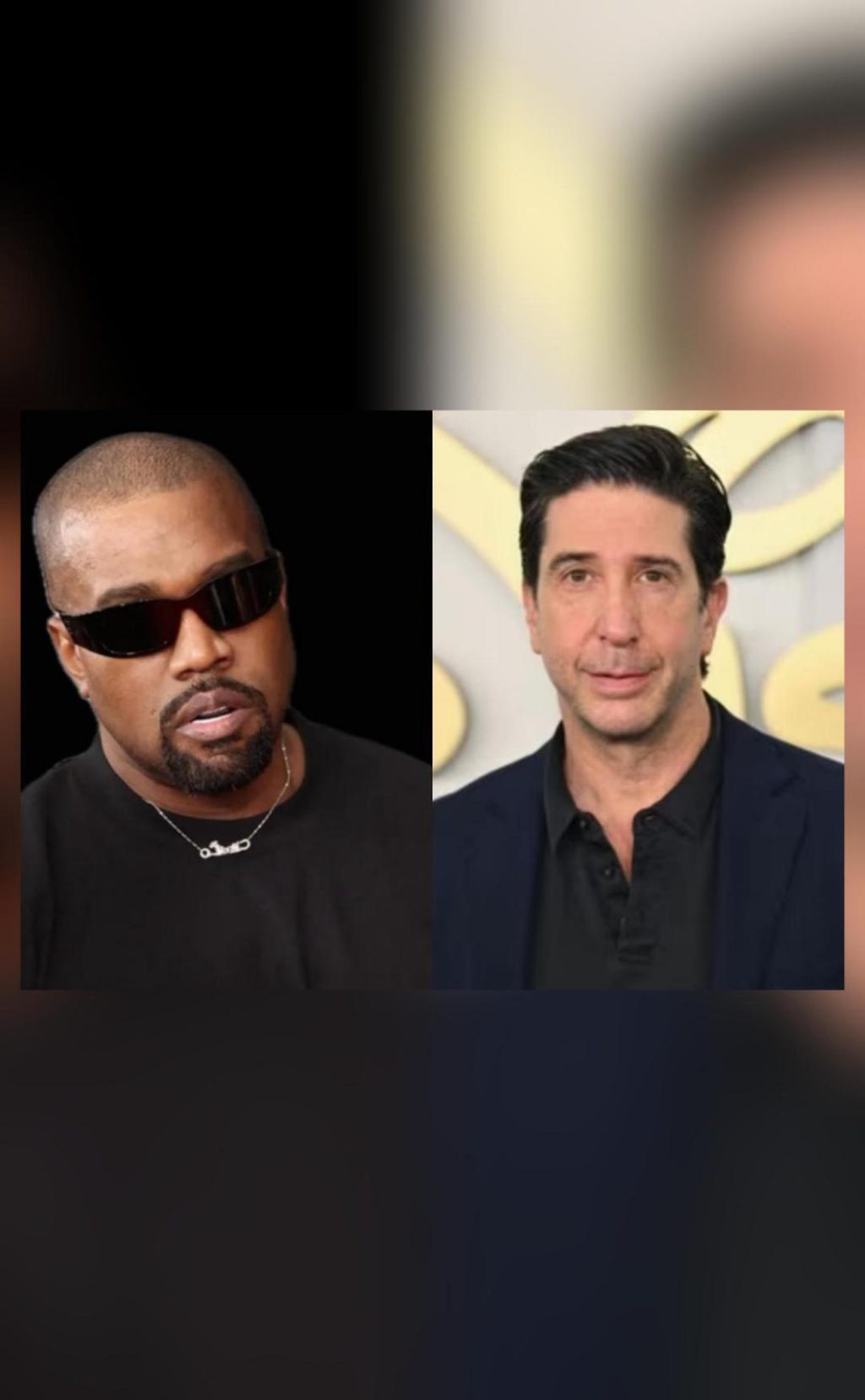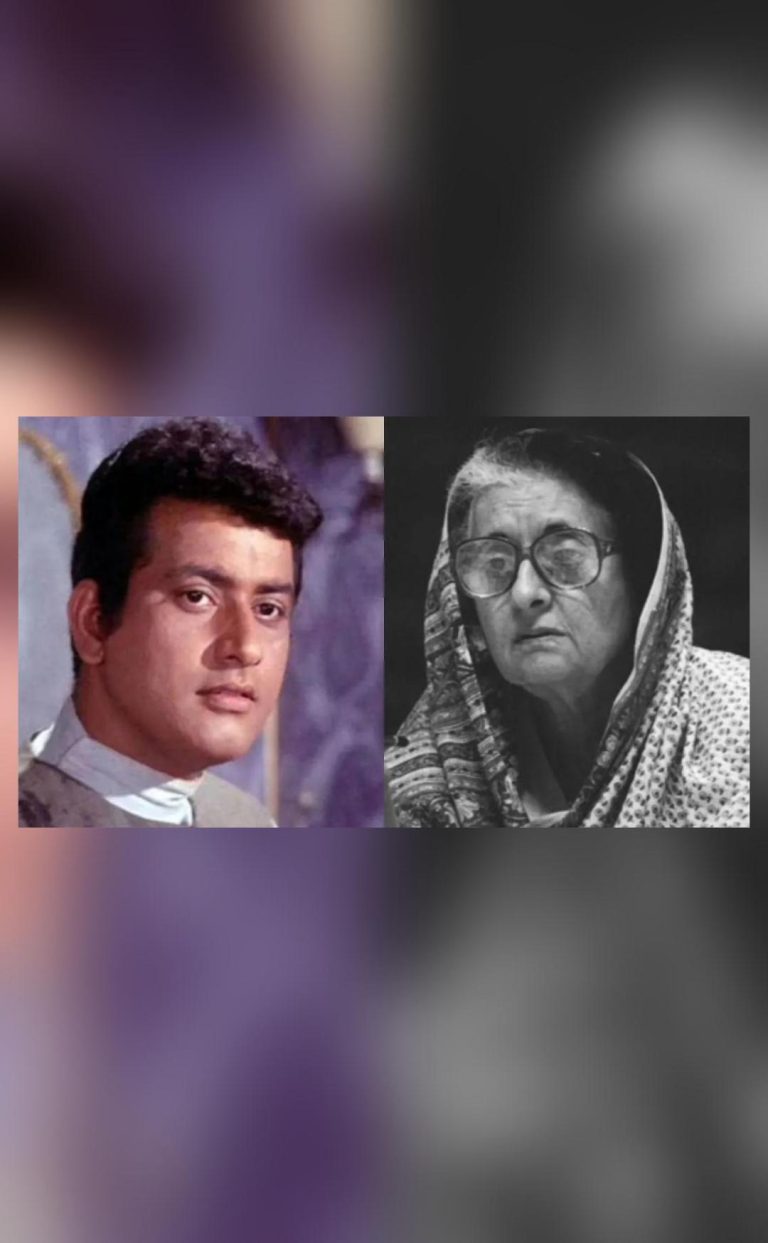
A Bigot: ‘Friends’ Star Schwimmer to Kanye Over Anti-Semitic Posts
David Schwimmer, the beloved star of the iconic TV show ‘Friends’, has taken to social media to slam rapper Kanye West, labeling him a “deranged bigot” after the musician made several anti-Semitic posts on his platform X (formerly Twitter). The ‘Friends’ star also urged X owner Elon Musk to ban West over his recent hate speech, stating that silence is complicity in the face of such bigotry.
In an Instagram post, Schwimmer expressed his outrage and disgust at West’s actions, saying, “His sick hate speech results in real-life violence against Jews. Silence is complicity.” The post was accompanied by a screenshot of West’s offensive tweets, which included claims that Jewish people controlled the media and were responsible for the COVID-19 pandemic.
Schwimmer’s comments have been met with widespread support from fans and fellow celebrities, who have praised the actor for standing up against hate speech and anti-Semitism. However, some have criticized West’s actions, saying that his comments are not only hurtful but also damaging to the Jewish community.
The controversy surrounding West’s anti-Semitic posts began earlier this week, when the rapper made a series of tweets claiming that Jewish people were responsible for the spread of COVID-19 and that they controlled the media. In one tweet, West wrote, “I’m not anti-Semitic, I’m anti-anti-Semitic. I know what they did to me. I know what they did to my family. I know what they did to my people.”
However, the rapper’s comments were quickly met with widespread condemnation, with many calling his remarks anti-Semitic and offensive. The Anti-Defamation League (ADL) issued a statement saying, “Kanye West’s tweets are a classic example of anti-Semitic conspiracy theories, which are designed to blame Jewish people for the world’s problems.”
Despite the backlash, West has refused to apologize for his comments, saying that he is being unfairly targeted by the Jewish community. In an interview with a popular podcast, the rapper claimed that he was being “silenced” by the Jewish community and that he was only speaking the truth about the “ills” of the world.
However, Schwimmer and other critics argue that West’s comments are not only offensive but also dangerous, as they can incite violence and hatred towards Jewish people. In his Instagram post, Schwimmer wrote, “His sick hate speech results in real-life violence against Jews. Silence is complicity.”
The controversy surrounding West’s anti-Semitic posts has sparked a wider debate about the spread of hate speech and anti-Semitism online. Many have called for social media platforms to do more to prevent the spread of hate speech and to ban users who engage in such behavior.
In a statement, X (formerly Twitter) said that it would not tolerate hate speech or discrimination on its platform, and that it would take action against users who violate its rules. However, some critics have argued that the platform is not doing enough to prevent the spread of hate speech and that it is too lenient in its enforcement of its rules.
The controversy surrounding West’s anti-Semitic posts has also sparked a wider debate about the role of celebrities in speaking out against hate speech and anti-Semitism. Schwimmer’s comments have been praised by many, who see him as a role model for standing up against hate speech and anti-Semitism.
However, some have criticized celebrities for not speaking out against hate speech and anti-Semitism, saying that they have a responsibility to use their platform to promote tolerance and understanding. In a statement, the Jewish Community Relations Council of Greater New York said, “Celebrities have a responsibility to use their platform to promote tolerance and understanding, and to speak out against hate speech and anti-Semitism.”
In conclusion, the controversy surrounding Kanye West’s anti-Semitic posts has sparked a wider debate about the spread of hate speech and anti-Semitism online. David Schwimmer’s comments have been praised by many, who see him as a role model for standing up against hate speech and anti-Semitism. However, the controversy also highlights the need for social media platforms to do more to prevent the spread of hate speech and to ban users who engage in such behavior.






